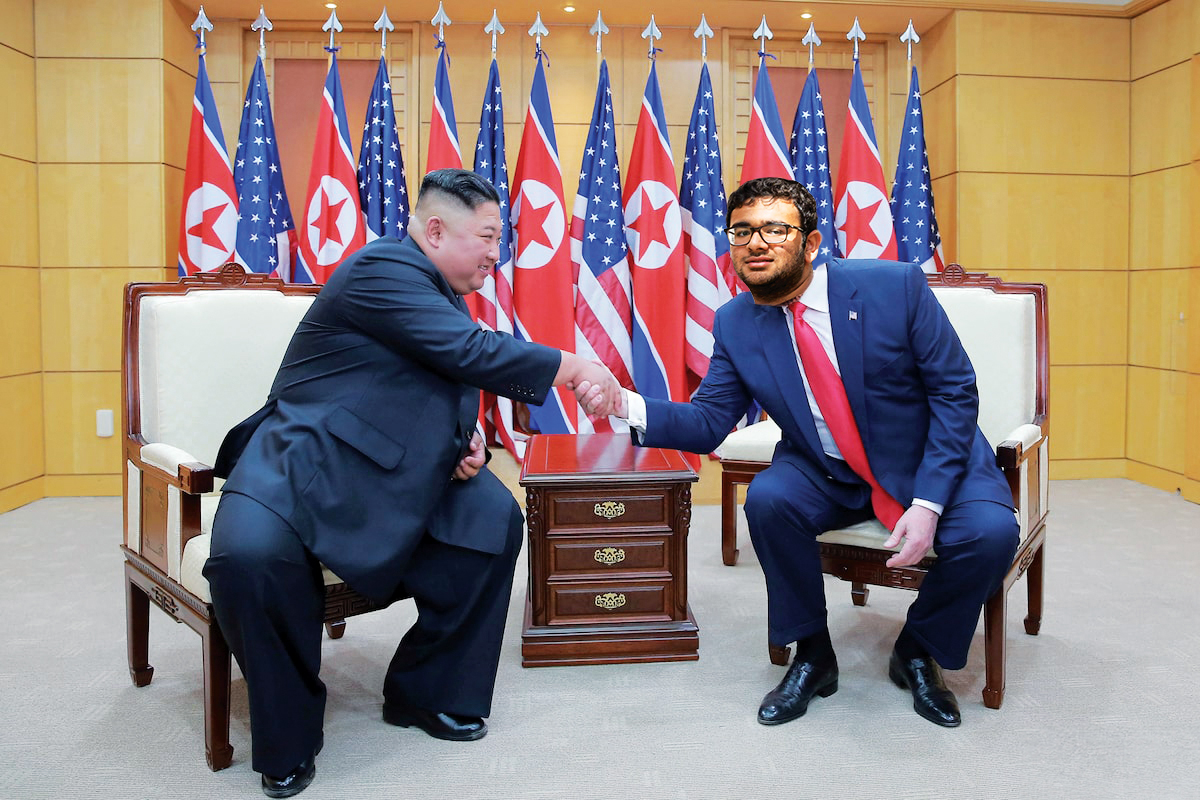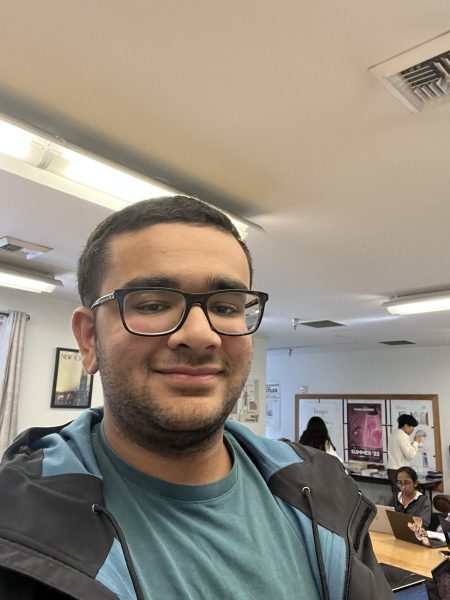To achieve peace at Lakeside, we must create our own version of the military-industrial complex — albeit with ink and papyrus rather than gunpowder and refined uranium.
The greatest intrastate conflicts in human history have arisen from disagreement and from fragmentation: the War of Roses, the American Civil War, the 10 million Chinese conflicts over which of the Emperor’s concubines’ children would lead the empire next. It stands to reason, then, that elimination of disagreement would lead to an elimination of conflict.
And what is the greatest source of disagreement at our school? The damned Fourth Estate. Or at least they were — until two weeks ago. That’s when I had a sternly worded conversation with the editors-and-chief and we settled on a beneficial arrangement. An alignment between press and state. A brave new pact for a brave new world.
From here on out, there will be minimal dissent. Of course, Tatler will publish some forms of disagreement — but only that which has been pre-approved by our administration. But, in reality, when it comes to those issues which matter the most, Tatler and Student Government will invariably fall on the same side. Dissent will be poorly-written and filled with logical fallacies (as if it isn’t already). To ensure alignment, Student Government policy will be equally poorly-written and filled with logical fallacies (as if it isn’t already). See? Perfect harmony.
I’m confident that this arrangement will foster a stronger school community. After all, if there’s nothing to argue about, we can avoid those ugly debates that have characterized the past year. Could you imagine an institution with a singular mind and vision? My, what immense power it would have! What ability to properly plan for the future!
Whenever we foster freedom for the pesky press, we delay development. Look at Asia — the Miracles on the Han and Yangthze Rivers did not happen because South Korea and China were democracies. These nations enjoyed economic growth precisely because simple-minded opponents could not stand in the way of policies that would benefit most of the nations’ citizens.
It’s unfortunate that a hundred farmers will lose their livelihoods because of a new factory, but if that factory provides ten times as much economic output as farmers, then this tradeoff is clearly worth the hassle. The needs of the many outweigh the needs of the few.
Think of the sheer possibility of a future of departmental policy changes without unnecessary pushback from underclassmen who barely know how to use semicolons; let alone the best way to educate the next generation of innovators and leaders. Student Government could pursue its own projects without Tatler complaining about the minutiae of every error in planning or finding evidence of failed projects in the archives.
To peace, prosperity, and progress!



